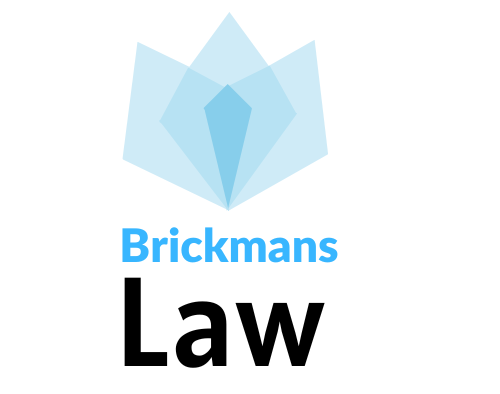Different types of intellectual property
What are the different types of IP?
Generally speaking, there are four types of IP: patents, trademarks, copyrights and trade secrets.
- Patents – A patent is a property right granted by the U.S. government to exclude others from making, using, offering for sale or selling an invention throughout the United States or importing the invention into the United States for a period of time in exchange for the applicant’s public disclosure of the invention through the patenting process.
- Trademarks – A trademark is a word, phrase, symbol, design, color, scent or any combination thereof that identifies and distinguishes the source of goods of one business from those of others. A service mark identifies and distinguishes the source of a service rather than goods, but the term “trademark” is often used to refer to both. Examples of trademarks include the name Coca-Cola, the shape of the Coca-Cola bottle, McDonald’s golden arches, the color pink in connection with Owens-Corning’s fibrous glass insulation and Lucasfilm’s sound of “an oscillating humming buzz created by combining feedback from a microphone with a projector motor sound” (also created by a Jedi’s weapon of choice).
- Copyrights – A copyright protects original works of authorship, including literary, dramatic, musical and artistic works such as poetry, novels, movies, songs, computer software and architecture, against unauthorized copying. Copyright protection is conferred the moment the work is created and fixed in a tangible form; however, registration with the U.S. Copyright Office is recommended for a number of reasons. For example, registration establishes a public record of the copyright claim and may entitle the copyright owner to additional damages for infringement.
- Trade secrets – A trade secret is confidential information, such as a formula, process, design, instrument, pattern or compilation of information, by which a business can obtain an economic advantage over competitors or its customers. A trade secret derives independent economic value from not being generally known or readily ascertainable. Trade secret laws protect owners from the disclosure or unauthorized use of the trade secret, either by another to whom the secret has been confided under conditions of confidentiality or by someone who has obtained access to the secret by improper means. Trade secret protection does not prevent a third party from independently discovering or developing the information or duplicating and using the information once it is discovered. Examples of well-known trade secrets are the formulas and recipes for Coca-Cola soft drink, Mrs. Field’s Chocolate Chip Cookies, KFC’s 11 herbs and spices, WD-40 lubricant and Thomas’ English Muffins (to get those nooks and crannies!), as well as Google’s search algorithms and data center operations and the metrics behind The New York Times Best Seller List.
